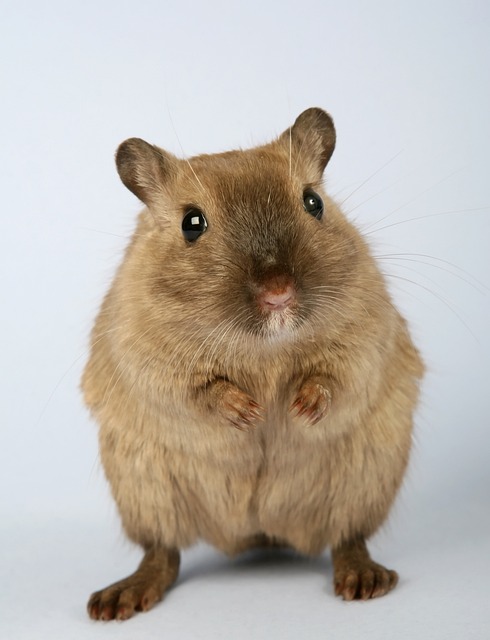Dawn soap has been a popular household cleaning product for many years. It is known for its ability to cut through grease and grime, making it a go-to choice for many cleaning tasks.
However, when it comes to using Dawn on rats, there are some important considerations to remember.
Understanding Rats and Their Hygiene Rats are intelligent creatures often kept as pets. They are known for their cleanliness and spend significant time grooming themselves.
However, like all animals, they can still become dirty and require regular cleaning. This is where Dawn soap comes in.
Dawn Soap: What Is It?
Dawn soap is a brand of dishwashing liquid that is known for its powerful cleaning abilities. It is made with a special formula that is designed to cut through grease and grime, making it ideal for a variety of cleaning tasks.
However, it is essential to note that Dawn soap is not explicitly designed for use on animals.
Key Takeaways
- Dawn soap is a powerful cleaning product not specifically designed for animal use.
- While it may be effective at cleaning rats, there are potential risks associated with using it.
- Safe alternatives for cleaning rats should be considered before using Dawn soap.
Can You Use Dawn on Rats?
Using Dawn soap on rats is not recommended. While Dawn soap effectively removes grease and oil from surfaces, it is not designed for use on animals.
Rats have sensitive skin, and using harsh soaps or chemicals on them can cause irritation, dryness, and other skin problems.
A mild, animal-friendly soap designed explicitly for rats or other small animals is best. Additionally, if your rat is experiencing skin issues, it is essential to consult with a veterinarian for proper diagnosis and treatment.
Safe Alternatives for Cleaning Rats
When cleaning rats, using safe and effective cleaning products is important. While Dawn dish soap is popular for cleaning rats, other alternatives are safer and more effective.
One safe alternative for cleaning rats is a mixture of water and vinegar. This solution is non-toxic and can effectively clean the rat’s fur without causing any harm. Simply mix equal parts water and vinegar and apply it to the rat’s fur with a cloth or sponge.
Another safe alternative is using a mild pet shampoo. Look for shampoos specifically designed for small animals, as they will be gentler on the rat’s skin. Rinse thoroughly and avoid getting soap in the rat’s eyes or ears.
Lastly, unscented baby wipes can be used to clean rats. They gently and effectively remove dirt and grime from the rat’s fur. However, avoiding scented wipes is essential, as the fragrance can harm rats.
Overall, several safe alternatives for cleaning rats are just as effective as Dawn dish soap. It is essential to choose a cleaning product that is non-toxic and gentle on the rat’s skin to ensure their safety and well-being.
Conclusion
In conclusion, while Dawn soap is generally safe for animal use, it is not recommended for rats.
Rats have delicate skin and respiratory systems that can be easily irritated by harsh chemicals.
Therefore, using a rat-specific shampoo or consulting with a veterinarian for appropriate cleaning products and techniques is best. Maintaining proper hygiene and cleanliness in their living environment is also essential to prevent frequent bathing.




